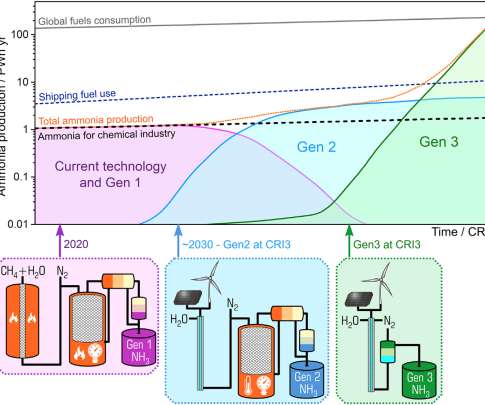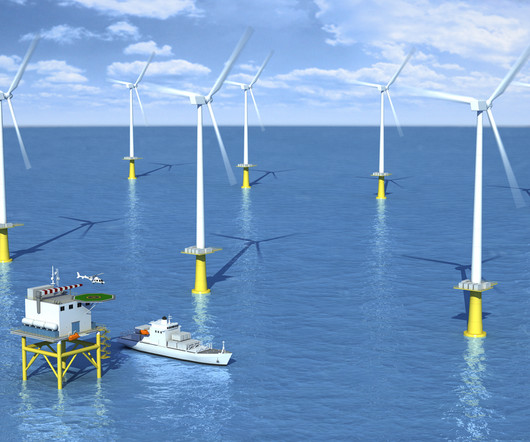DOE selects 7 gasification projects for funding; focus on reducing cost of coal conversion
Green Car Congress
JULY 15, 2015
The projects conducted through this program are geared toward reducing the cost of coal conversion and mitigating the environmental impacts of fossil-fueled power generation. Bio-gasification of Coal to Methane. DOE: $1,498,865 Non DOE: $376,118 Total: $1,874,983 (20% cost share). Lead organization. Description.







































Let's personalize your content